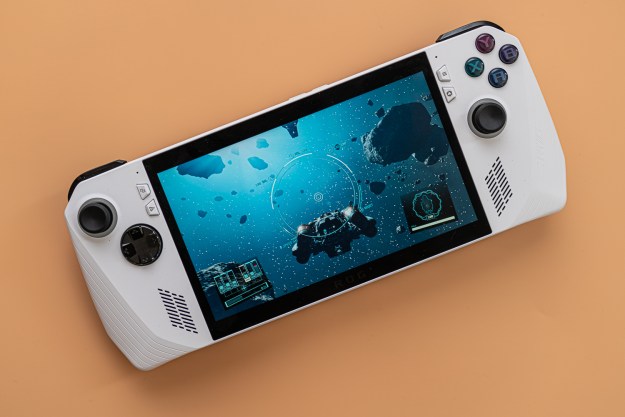
Detailed within a report published by the Wall Street Journal earlier today, the Federal Communications Commission (FCC) will be distributing a proposal tomorrow that allows broadband Internet providers the ability to provide preferential speed treatment to content providers that pay for that privilege. While each deal must be considered “commercially reasonable” by FCC regulators on a case-by-case basis, this would allow large companies to pay for faster delivery of high-bandwidth content like streaming video and multiplayer games. However, smaller companies that can’t afford the speed upgrade will have to try to survive without that advantage.
This policy shift goes against the core promise of net neutrality, a belief that all Internet traffic should be treated equally. Assuming the new FCC proposal is passed before the end of the year, it’s inevitable that some companies will be discriminated against simply because they can’t pay a speed tax. This proposal spawned after an appeals court ruled against the FCC’s net neutrality rules during January 2014.
“Barriers to innovation will rise, the marketplace of ideas on the Internet will be constrained, and consumers will ultimately pay the price.”
Conceptually, the FCC’s proposal is attempting to halt broadband Internet providers from intentionally slowing down access to content providers. By providing a structured route to pay for preferential treatment, situations like Verizon or Comcast limiting Netflix access speeds could be eliminated. It’s important to note that the FCC rules would only be applied to broadband Internet providers, not wireless carriers. At this time, mobile service providers don’t have to apply net neutrality rules to their services.
Prior to news of the proposal, FCC chairman Tom Wheeler, the creator of the proposal, has indicated that the rules dictating a level playing field for the Internet would have to be changed. The remainder of the commission voting on the proposal is comprised of two Republicans, Ajit Pai and Michael O’Reilly, as well as two Democrats, Mignon Clyburn and Jessica Rosenworcel. Assuming the commissioners voted based on party leanings, the vote could end up split with Wheeler passing the deciding vote in favor of the proposal.
Not surprisingly, reactions to the proposal have been fairly negative from consumer advocacy groups. For instance, a representative from the American Civil Liberties Union released a statement which read “If the FCC embraces this reported reversal in its stance toward net neutrality, barriers to innovation will rise, the marketplace of ideas on the Internet will be constrained, and consumers will ultimately pay the price.”
Todd O’Boyle, director of Common Cause’s Media and Democracy Reform Initiative, told the New York Times “If it goes forward, this capitulation will represent Washington at its worst. Americans were promised, and deserve, an Internet that is free of toll roads, fast lanes and censorship — corporate or governmental.”
(Image © tr3gin via Shutterstock.com)


